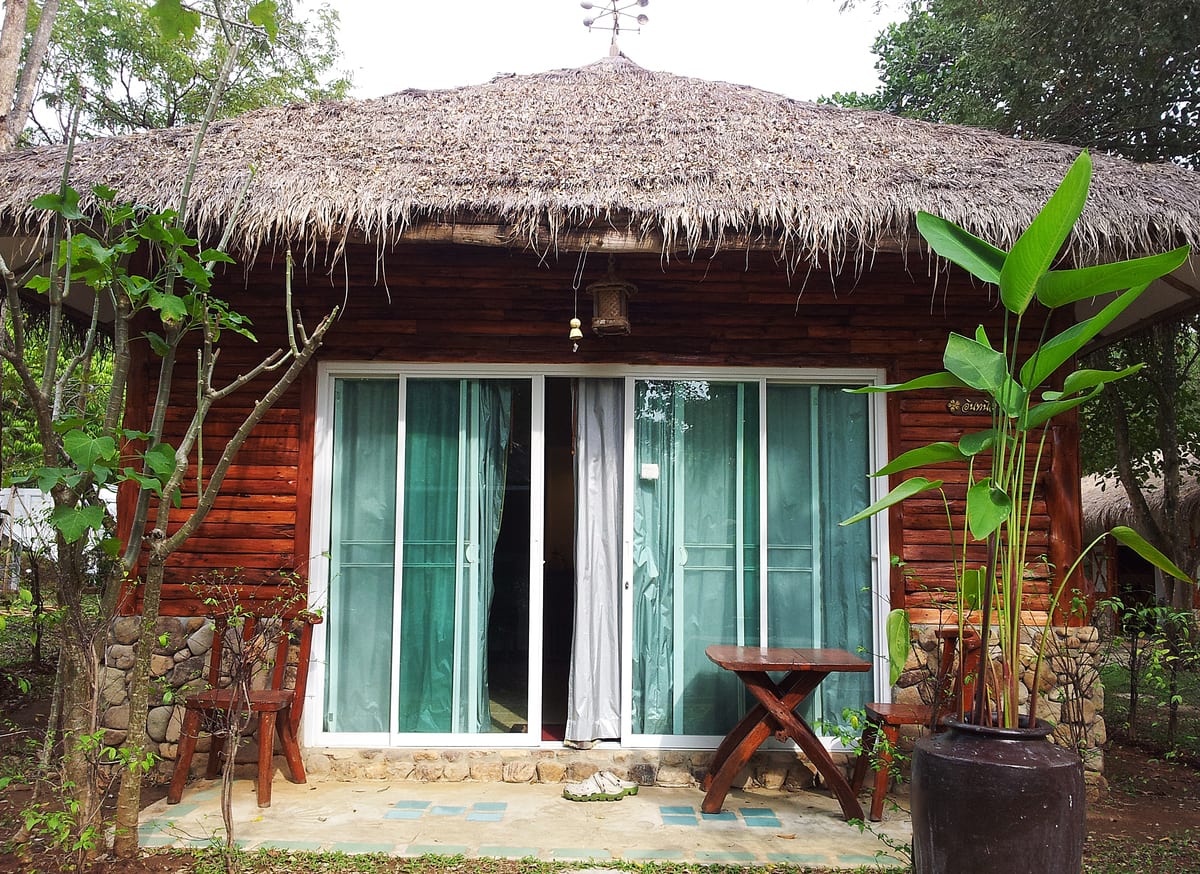Welcome back to the second half of our two-part series offering ADU landlord tips in preparing a custom lease for your new residents.
Previously, we discussed the importance of the lease as a legally binding contract between the landlord and tenant so you’ll want to make sure every clause lines up with how you want your experience as a landlord to work.
In the first article, we covered everything from local landlord laws to due notice on visitations. For this post, we’ll pick up where we left off at how you feel about tenant pets and hobbies.
Lifestyle and Hobbies
What kind of lifestyles are you okay with in your ADU?
Some landlords prefer tenants with quiet, sedate lifestyles while others are comforted by the sight of a resident who is always busy working on the lawn or a personal projects.
Others want diurnal (daytime) tenants only while night-owl ADU landlords often make a perfect team with renters who work the third shift.
These are all things you should consider, especially since your tenant will be living very close by.
For lease terms, you may want to establish legally-binding quiet hours and get the tenant’s agreement to avoid prohibited activities like smoking or loud carpentry.
Also, consider other reasonable policies that will make it more likely that your tenant will not be a disruption to your life or threat to your property.
Pets
Then there’s the question of pets.
Some landlords are very particular and would like to keep their rental home as close to hypo-allergenic as possible and therefore ban all non-aquarium pets.
However, if your family is animal-loving and you have one or more pets who roam the property freely, you may be a great landlord for a string of equally pet-loving residents.
On the lease, make it clear which pets you allow. Standard categories include all pets, small dogs and cats only, cats only, or aquarium/terrarium pets only.
Also, if you do allow pets, be sure to ask for a returnable pet deposit, essentially a secondary security deposit, to pay for any pet-caused damages. When they leave the home pristine, the pet deposit can be returned to them.
Who Pays for What
Among the biggest debates between landlords is what the landlord pays for and what the tenant is responsible for.
You are obligated as a landlord to cover any major structural or appliance repairs. You can also choose to cover minor repairs if it makes you more comfortable.
Tenants traditionally cover surface repairs and are often willing to go in half on any improvements you both feel are a good idea.
Then there are the utilities. If you installed separate water, power, or gas meters for the ADU, you can have your tenant pay their own portion of the utilities.
But if not, and the ADU runs off the main house utilities, simply increase the rent a little bit and include utilities in the price.
Prohibitions
Most default rental agreements either come with very strict prohibitions or no prohibitions at all.
These are rules for things you do not want your tenants doing in the house. By including them in the lease, any tenant must legally agree not to do them.
You should also define consequences for violating prohibitions.
Common Prohibitions Include
- Smoking
- Pets
- Wild Parties
- Remodeling in Any Way
- Nailing Up Decorations (ana: No Holes in the Walls)
- Significantly Altering the Landscaping
- Loud Noises
- Subletting
Common Consequences Include
- Violation Fees
- Requirement to Get Rid of (pets or equipment)
- Requirement to Stop (parties or subletting)
- Requirement to Restore (fill in wall holes, pay for re-landscaping)
- Eviction
Termination of Residency
On that note, one of your final concerns is how residency can be terminated.
For tenants leaving early, there are three possible approaches:
You can ask for a fee for breaking the lease early, you can ask your tenants to pay the rest of the rent for the duration of the lease, or you can ask your tenants to find someone else to take up their lease and pay for the duration.
Most landlords find that the first and third options are the best received.
For evicting tenants, should that ever be necessary, you’ll want to clearly define the process of sending notice personally (by mail) and finally calling the authorities to get someone who has been legally evicted out of your ADU.
Abandoned Property
The last thing to look at in your lease is a clause for abandoned property. Sometimes a tenant will leave in a hurry and abandon some of their things in the ADU.
Make it clear that you will follow the Hawaiian landlord code by mailing a notice to your tenant’s new address and waiting at least 15 days before taking possession of the abandoned items.
After this, you can keep, sell, dispose of, or donate the items as you wish.
Use these ADU Landlord Tips as Your Guideline
Whew! Leases are complicated and, to be honest, we’ve barely scratched the surface of all the legalese that can go into the task of building a custom lease for your rental property.
Yet, these ADU landlord tips offer a great start! The two most important factors in building a lease are ensuring it conforms to Hawaiian landlord laws and that it suits your unique ADU circumstances and preferences for tenant policies.
Once you have these covered, consider having a real estate professional or lawyer review your agreement and then you’re ready to start looking for tenants!
For more information about building and managing your new ADU, contact us today!




3 thoughts on “ADU Landlord Tips: Preparing Your Lease (Part 2)”
I rented my ADU for 6 months and my renter must leave early and break the lease. I have another renter who can move in when they leave. Can I sign a new 6 month lease with the new renter?
Please advise me
Sorry Joseph, I don’t know the answer to this, I’d ask a realtor that manages rental properties.
Aloha,
Jim
Sorry Joseph, I’m not qualified for any advise like you’re looking for, that is something for an attorney to answer.